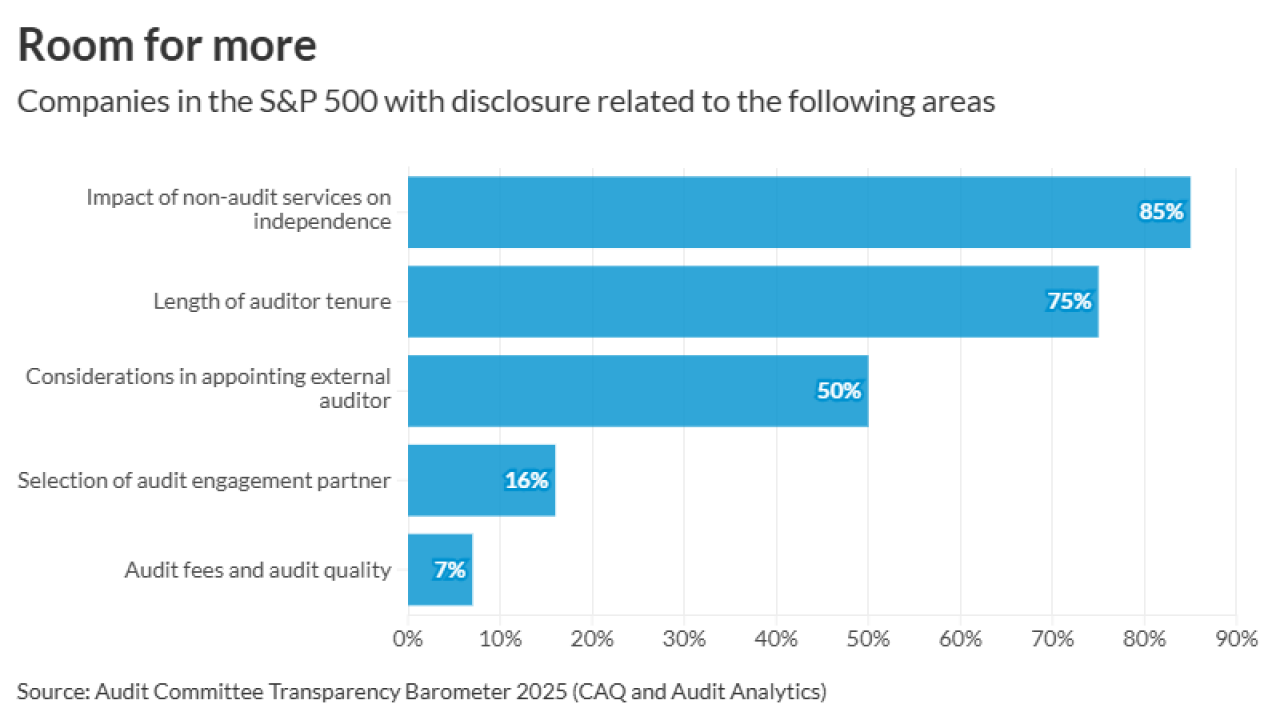The leaders of Congress’s main tax-writing committees said they plan to ask for proposals from the public for tax reform ideas using social media in an effort to make the process more transparent.
Senate Finance Committee chairman Max Baucus, D-Mont., and House Ways and Means Committee chairman Dave Camp, R-Mich., wrote in a joint editorial for
“While we are from different political parties, we agree that America's tax code is broken,” they wrote. “That is why we have been working together as the chairmen of Congress's two-tax writing committees to make it fairer for families and spark a more prosperous economy."
They noted that their committees have held more than 50 hearings on tax reform in recent years and heard from hundreds of experts. The House Ways and Means Committee has also released several discussion drafts outlining various tax reform proposals and formed working groups so committee members could examine the details of the Tax Code. The Senate Finance Committee has also been reviewing discussion papers and collecting feedback from members and stakeholders.
Baucus and Camp now plan to allow the public to share their ideas on tax reform. “In the coming weeks, we will give you the opportunity to provide your input as well,” they wrote. “No need to travel to Washington. Through the use of social media, we will enable everyone to participate directly. We are dedicated to writing bills in an open and transparent fashion. No cutting deals behind closed doors. You get a say, employers get a say, and our colleagues—your representatives and senators—will get a say."
The Wall Street Journal editorial came only a day after a front-page article in Sunday’s
However, in their op-ed piece, Baucus and Camp said they were committed to writing tax reform bills that would close individual and corporate tax loopholes.
“So, while we cannot provide you every detail of the bill today, we can commit to you that we are writing tax reform bills,” they wrote. “We'll look to close loopholes like those used by some lawyers and celebrities to avoid paying the payroll tax on much of their earnings. We'll make sure that companies can't avoid paying tax on income they earn in the U.S. by pretending that they earned it in an overseas tax haven instead.”
They said they have agreed on three fundamental principles to ensure tax reform expands the economy. The first involves tax fairness. “People don't mind paying their share as long as they know they're not getting the short end of the stick,” they wrote. “Simplifying the code means regular families will be on a level playing field with those who can afford high-price tax advisers. We've agreed that tax reform should result in a system that is as progressive as the current one. Tax reform will close special-interest loopholes to help lower rates. We will ensure that low-income and middle-income Americans will pay no more taxes than they do under current law.”
The second principle is to level the playing field for U.S. employers while lowering corporate tax rates. “The current U.S. corporate tax rate is the highest in the world,” they wrote. “Yet in recent years, some of America's largest corporations have paid zero tax. The current system picks winners and losers and puts the U.S. companies at a disadvantage in the global economy, a situation that hurts job creation. Tax reform must make our companies more competitive in the global economy.”
The third principle would provide parity for both small businesses and large corporations. “As a Montanan and a Michigander, we know that small businesses are the heart of most communities and of the American economy,” they wrote. “We will work to ensure that any tax reform plan does as much to help a small family business create jobs and compete as it does for a large company.”
Baucus and Camp acknowledged that skeptics questioned the prospects for bipartisan tax reform and they face “some fierce headwinds.”
“People from across the spectrum are trying to turn tax reform into a political weapon, which could end up killing any chance at success,” they wrote. “We can't let that happen. Tax reform can't be about politics. It has to be about the people we serve, about boosting the economy, about creating jobs in Montana, Michigan and across America. It has to be about restoring some trust in the process of government. Our many short walks to each other's offices have practically worn a path in the marble floors of the U.S. Capitol. Yet they serve as a reminder that through hard work and perseverance, you can wear down even the hardest of stones.”





